|
When it comes to teaching beginning young writers, there are a few essential tools that every teacher needs in their toolbox. What's in your toolbox?1. Patience First and foremost, patience is key. It can be frustrating for beginning writers when their ideas don't always come out perfectly on paper, but it's important to remember that they're still learning and growing. Try to provide encouragement and positive feedback whenever possible. 2. Sense of humor Secondly, a good sense of humor can go a long way. When beginning writers make mistakes, try to see the humor in it and help them to see the silver lining. 3. Story telling Lastly, story telling is a great tool for beginning writers. By providing examples of stories that have been successfully written, beginning writers can see what is possible and be inspired to create their own masterpiece. With these tools in your toolbox, you'll be well on your way to teaching beginning young writers. Tips for getting startedThere's nothing more rewarding than seeing a beginning young writer find their voice. But getting started can be tough. That's why I always tell my students that the best way to become a better writer is to write every day, even if it's just for a few minutes. One of the best ways to get started is to keep a journal. Write about anything and everything - what you did today, what you're thinking about, what you're feeling. It doesn't have to be perfect, and no one else has to read it. Just getting your thoughts down on paper can help you to clear your head and see things in a new light. Another great tip for beginning writers is to read as much as you can. Not only will this help to improve your writing skills, but you'll also get some great ideas for things to write about. So go ahead and crack open a book (or two, or three!) and start exploring the world of writing today. Remember that every writer has to start somewhere. So don't expect perfection from the beginning. Just encourage them to get their thoughts down on paper, and worry about editing later. I often tell my students to use approximations to get their ideas out, and then find the "dictionary spelling" when they are ready to polish their work. If they fret too much about correct spelling, the stories will never be as developed and wonderful as they could be. Use scaffolds and graphic organizersScaffolds and graphic organizers can be extremely helpful for beginning writers. By providing a structure for their thoughts, beginning writers can more easily organize their ideas and put them into words. Scaffolds also help beginning writers to stay on track, keeping their focus on the task at hand. Graphic organizers can be used to plan out a story or to brainstorm ideas for an essay. They can also be used to keep track of characters and events in a story. By using scaffolds and graphic organizers, beginning writers can become more confident and proficient in their writing. Here are a couple of scaffolds that I have used successfully over the years for the fall. If you would like a copy, click on the images. Finally, be sure to offer plenty of compliments and encouragement along the way. Let them know that you're proud of their progress, and that you believe in their ability to become great writers. Remember: With a little support and guidance, beginning writers can achieve anything. Related Posts
0 Comments
Leave a Reply. |
About Me Charlene Sequeira
I am a wife, mother of 4, grandmother of 9, and a retired primary and music teacher. I love working with kids and continue to volunteer at school and teach ukulele. Categories
All
|

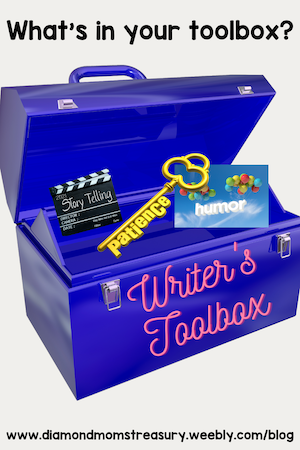
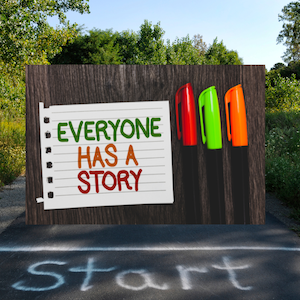
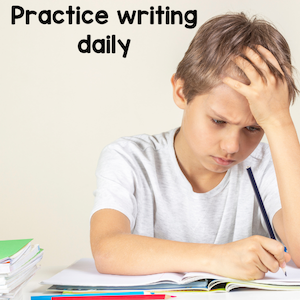
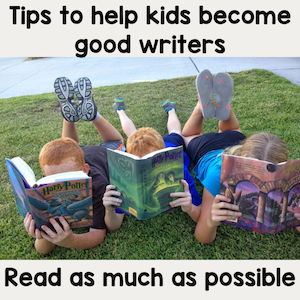
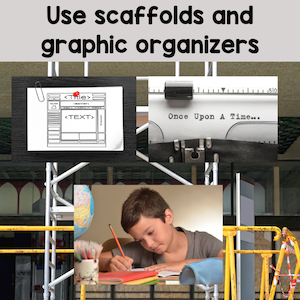
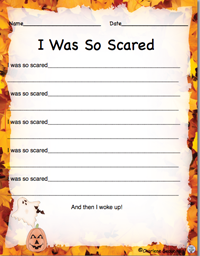
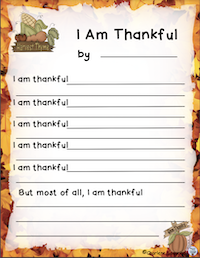

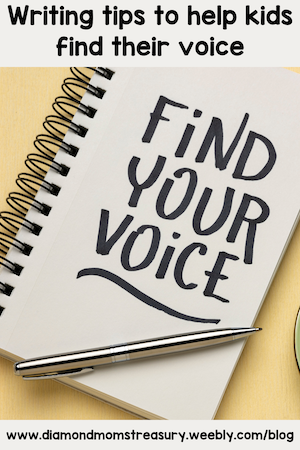

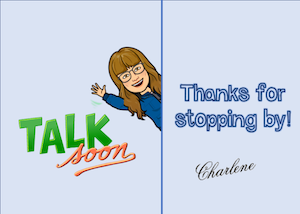

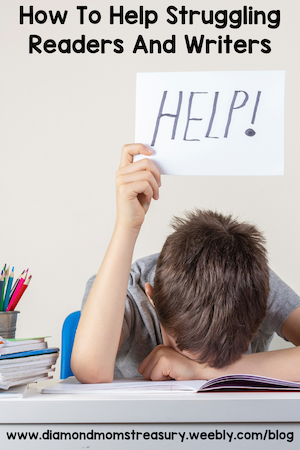



 RSS Feed
RSS Feed